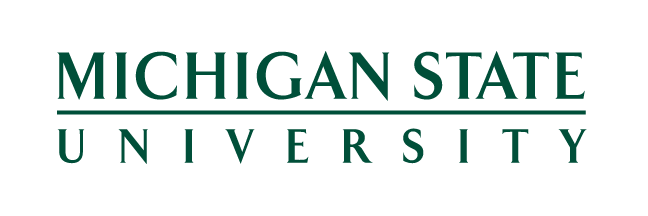
Katharine O. Strunk
EPIC, Michigan State University
Bryant Hopkins
EPIC, Michigan State University
Tara Kilbride
EPIC, Michigan State University
Scott Imberman
EPIC, Michigan State University
Dongming Yu
EPIC, Michigan State University
A Policy Brief From EPIC
The Path of Student Learning Delay During the COVID-19 Pandemic: Evidence from Michigan
May 2023
This policy brief highlights findings from EPIC’s recent working paper with the same title. This study uses student achievement measures from Michigan’s summative end-of-year tests (the Michigan Student Test of Educational Progress, M-STEP) and formative fall and spring NWEA MAP Growth and Curriculum Associates i-Ready benchmark assessments to assess achievement growth and trajectories during the COVID-19 pandemic. By combining these two data sources, we are able to examine both the total effect of the COVID-19 pandemic through spring 2022 and how achievement progressed during the pandemic-affected school years. We also examine
heterogeneity in performance across students with different demographic characteristics and those who participated in different modes of instruction (e.g., fully in-person, fully remote, or hybrid instruction).
Findings include:
- Students in the COVID-19 pandemic cohort had significantly lower math gains than those in the pre-pandemic cohort
- Growth disparities between non-White and White students, as well as economically disadvantaged students and their wealthier peers, intensified during the COVID-19 pandemic
- Students in districts that offered in-person instruction for some or none of the 2020-21 school year exhibited lower math achievement growth during the COVID-19 pandemic
- Student achievement declined substantially during the 2020-21 school year with some recovery in 2021-22



